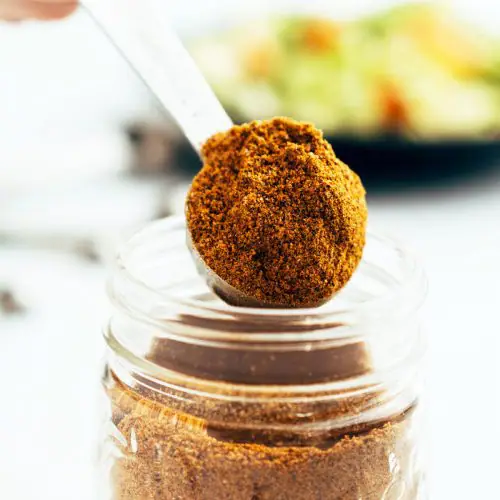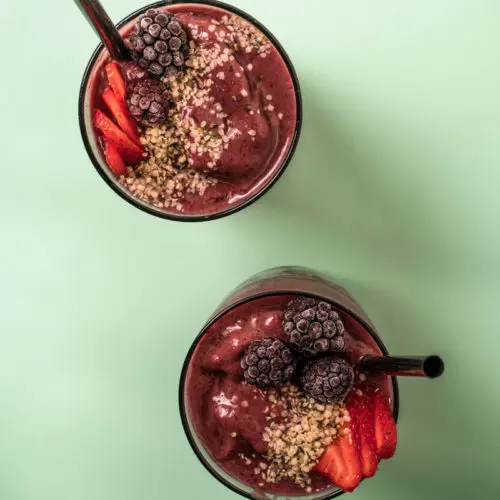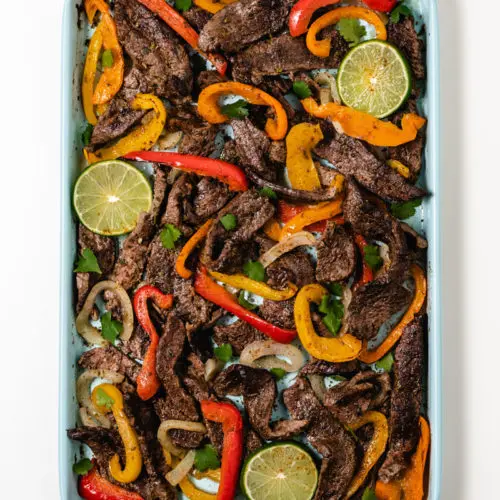Hello, and welcome to our exciting new episode of Easy Keto with Tasha! Today’s episode is all about the ladies and our favorite monthly visitor. You guessed it; we’re tackling the dreaded menstrual cycle.
I’ll even let you in on a little secret. I LOVE period talks. Maybe it’s my background in biology, or maybe it’s the fact that I’ve had a long battle with my period due to PCOS. Whatever the motivation might be, I can talk periods until I’m blue in the face.
Keto: A Woman’s Guide and Cookbook
Given that today’s episode is dedicated to women, it’s only right that I mention my new book, Keto: A Woman’s Guide and Cookbook. This book is a completely in-depth resource, guide, AND cookbook created specifically for women interested in keto. Beginners and veterans alike will find deeply-researched information to help tailor their diets for success.
And the best part? It’s available for preorder NOW! You can reserve your copy at whatever online retailer you prefer. Don’t forget to leave a review on Amazon once you get your copy; believe me, I read each and every one!
Menstrual Cycle Sabotage
Menstrual health acts as an important vital sign indicator for women. It is no secret that issues with your menstrual cycle can be a sign that there is a bigger health issue. However, menstruation can also provide insight into our dieting efforts! That’s right. The phase of your menstrual cycle and your hormone levels can affect metabolism, eating habits, insulin sensitivity, and even your weight!
The fluctuations in female hormones don’t just cause you to cry or experience gnarly breakouts; these hormones can be actively sabotaging your diet efforts! Thankfully, as we develop our awareness of our bodies, we can learn how to stop this hormonal undermining in its tracks.
The Standard Menstrual Cycle
The average menstrual cycle lasts 28 days.
Each menstrual cycle is broken down into two phases. These phases are separated by ovulation.
Follicular phase: This is the first half of your cycle. The follicular phase begins the first day of your menstrual bleed (aka your period) and before ovulation. Estrogen rises and acts as the dominant hormone of this phase.
Luteal phase: This is the second half of your cycle. It occurs after ovulation. Your uterus builds up it’s lining to promote pregnancy. Progesterone is the dominant hormone in this phase.
If you do not get pregnant during this cycle, then your body will rinse and repeat. On average, this entire process lasts 28 days, though it is not unusual for cycles to be anywhere between 21 and 35 days.
These phases are important for more than just the hormonal changes occurring in your body. I’ve highlighted five ways that your menstrual cycle can affect your keto diet progress.
#1: Metabolic Rate Fluctuation
Depending on where you are in your menstrual cycle, your metabolic rate will fluctuate. During the follicular phase, your metabolic rate drops and your metabolism slows. Your body’s energy needs are lower, so you end up burning fewer calories and expending less energy. During the luteal phase, your metabolic rate will increase and your metabolism will speed up.
People tend to maintain a constant calorie deficit when trying to lose weight. However, women don’t burn as many calories during the first phase of their cycle! To handle this change, you can try adjusting your calorie intake.
Even better than taking on a bigger deficit, you can ramp up your physical activity during this time. This will allow your body to keep burning more energy. If you’ve been wondering about the best time to start working out, just start with your next cycle!
#2: Changes in Eating Habits
The luteal phase speeds up your metabolism once more; unfortunately, it also brings an increased appetite. In this phase of your menstrual cycle, your body starts preparing for a pregnancy. You also start eating a lot more.
With increased food consumption and major cravings, the second phase can be a slippery slope. It is very possible to exceed energy consumption. Your faster metabolism tells your body to consume more food; before you know it, you’ve exceeded your actual energy needs.
The luteal phase can be very difficult for women trying to diet. However, this is all the more reason to stick to keto during this time! Instead of falling victim to carb-heavy cravings, keto will continue to work as an appetite suppressant and keep hunger controlled.
#3: Menstrual Cycle Impulsiveness
It can be hard enough fighting food impulsiveness on a regular day. Lucky for us, women also get to experience the increased impulsiveness that comes with the second half of their menstrual cycles.
As estrogen drops, impulsiveness increases. With this impulsiveness comes the desire to eat all the sugary, fatty foods. Not only does this make it difficult to stick to keto, but it also sets you up to be disappointed in yourself if you can’t stick to it. Instead, trust yourself and use this time to try some of the keto-friendly treats available. Don’t get stuck in a black-or-white mentality; allow yourself some flexibility, so that you can build a stronger relationship with your meals.
Starting Keto During Your Menstrual Cycle
While you can realistically start your diet whenever you want, it can be helpful to evaluate the menstrual cycle phases. If you haven’t started keto yet, it helps to take note of the luteal phase impulsiveness. It can be hard to make the switch to low carb even with a slow taper. By starting during or soon after your period, you can avoid the menstrual-related impulsiveness for a while. Not only will this help you control your impulses, but it will also allow you time to build your confidence in your diet.
#4: Insulin Sensitivity & Carb Metabolism
Insulin sensitivity and carb metabolism drop during the luteal of your menstrual cycle. This drop will cause your body to start promoting fat storage. This occurs due to your body not being as effective at bringing carbs to your cell to burn as energy.
When your body is unable to metabolize carbohydrates to use immediately as energy, these carbs end up being stored as fat. Instead of falling into this second phase trap, keep your carbs low after ovulation!
By keeping your carbs low and sticking to keto, you can avoid the pre-period binge that is most likely to be stored as fat. Keto will help you manage your appetite, avoid impulsiveness, and lessen the effects of impaired carb metabolism and decreased insulin sensitivity.
#5: Changes in Weight
Last but not least, your menstrual cycle can cause changes in your body weight. We are all aware that weight fluctuations and periods go hand-in-hand. This tends to occur due to water retention during the luteal phase, right before your cycle starts over.
Most likely, if you are seeing your weight go up around this time, it’s due to your body storing extra water. And your body will do this regardless of if you are excelling in your diet or not!
Don’t get caught up in the stress of seeing the scale go up a bit. Don’t psych yourself out or start thinking you’re failing. You’re not!
How to Deal With Unwanted Water Weight:
- Remind yourself that it is JUST WATER!
- Shoot yourself the best finger guns that ever existed
- State your favorite positive affirmations
- Repeat: “I’m so proud of myself for not letting the scale bother me today. I’m beautiful, and I love my body.”
- Start your day off with self-love
- FOCUS ON THE POSITIVE!
Resources
Keto: A Woman’s Guide and Cookbook
Gaining Weight on Keto [E07]
The Easiest Way to Start Keto [E01]
Timestamp
0:00 - Keto: A Woman’s Guide and Cookbook
4:30 - Episode Intro
5:26 - Menstrual Cycle Sabotage
6:48 - Standard Menstrual Cycle
8:25 - Metabolic Rate Fluctuation
10:50 - Changes in Eating Habits
13:05 - Impulsiveness
18:01 - Insulin Sensitivity & Carb Metabolism
20:07 - Changes in Weight
Subscribe & Review in iTunes
Are you subscribed to my podcast? If you’re not, I want to encourage you to do that today. I don’t want you to miss an episode. I’m going on an epic podcasting spree and if you’re not subscribed there’s a good chance you’ll miss out on the new episodes. Click here to subscribe in iTunes!
Now if you’re feeling extra loving, I would be incredibly grateful if you left me a review over on iTunes, too. Those reviews help other people find my podcast and they’re also fun for me to go in and read. Just click here to review, select “Ratings and Reviews” and “Write a Review” and let me know what your favorite part of the podcast is. Thank you!

Hi, I'm Tasha–nutritionist, recipe developer, and multi-published cookbook author.










Leave a Reply